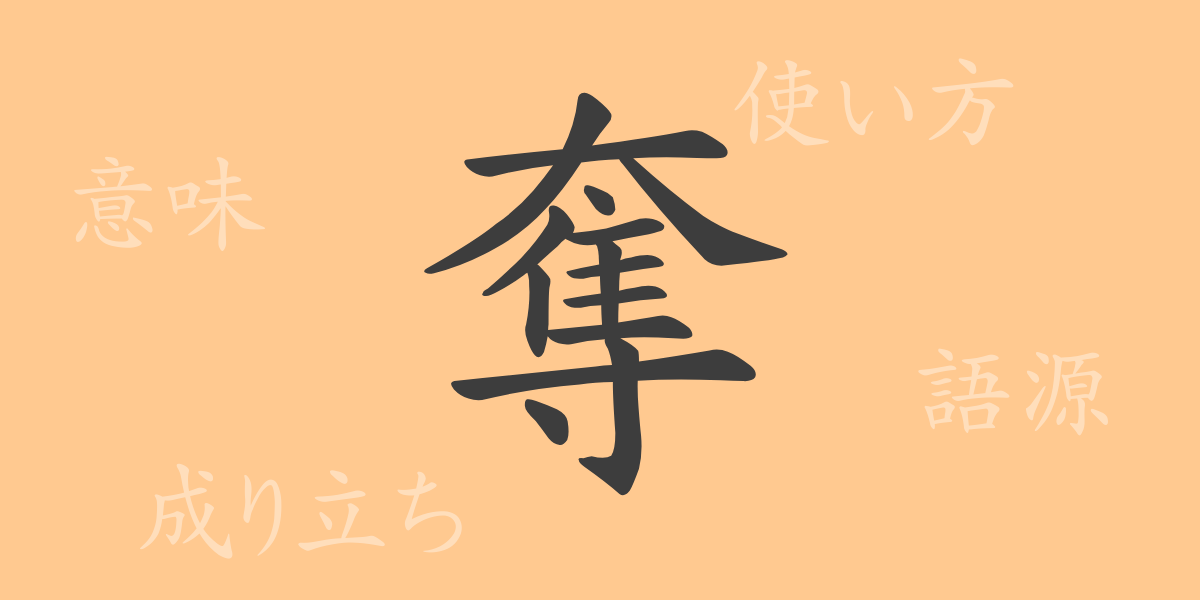In Japanese, there are numerous kanji, each with its unique shape and meaning. This article shines a spotlight on the kanji “脱” (だつ) (datsu), exploring its origins, meanings, applications, and the common phrases and idioms it appears in. Understanding the rich history and versatile uses of each kanji can deepen our comprehension of the Japanese language.
Origins of ‘脱’ (だつ) (datsu)
The kanji “脱” evolved from ancient Chinese pictographs. It was originally linked to the character “処”, which transformed over time to become “脱”. This evolution led “脱” to mean “to shed skin”, which further expanded to meanings like “to remove” and “to escape”.
Meaning and Usage of ‘脱’ (だつ) (datsu)
In modern Japanese, “脱” is used to denote the act of leaving something behind or escaping from something. It is seen in words like “脱皮” (shedding) or “脱出” (escape), indicating not just physical detachment but also the concept of breaking away from situations or environments, such as in “脱炭素” (decarbonization), which implies a shift away from carbon dependency.
Readings, Stroke Count, and Radical of ‘脱’ (だつ) (datsu)
The kanji “脱” is frequently used in Japanese, and understanding its readings, structure, and components is crucial for learning:
- Readings: On’yomi is “ダツ” (Datsu), Kun’yomi are “ぬ.ぐ” (nugu), “ぬ.げる” (nugeru).
- Stroke Count: “脱” consists of 11 strokes.
- Radical: The radical is “肉偏” (にくづき) (nikuzuki), indicating its classification under characters related to flesh or body parts.
Phrases, Idioms, and Proverbs Using ‘脱’ (だつ) (datsu) and Their Meanings
There are many idioms and phrases that include “脱” in Japanese. Here are some examples:
- 脱皮 (だっぴ) (dappi) – Literally means shedding old skin, metaphorically refers to personal growth or transformation.
- 脱線 (だっせん) (dassen) – Originally means derailment, but also used to describe digressing from the main topic.
- 脱却 (だっきゃく) (dakkyaku) – Refers to completely escaping from a state or constraint.
- 脱稿 (だっこう) (dakkou) – Indicates the completion of a manuscript or written work.
- 脱臼 (だっきゅう) (dakkyuu) – Means dislocation of a joint.
Summary on ‘脱’ (だつ) (datsu)
The kanji “脱” has been used with various meanings and applications from its origins to the present, ranging from physical “escapes” to abstract notions of “breaking free”. This character enriches the Japanese language, providing flexibility across a broad range of situations. Through this article, we hope to have deepened your understanding of “脱” and its significance in enriching Japanese expression.

























